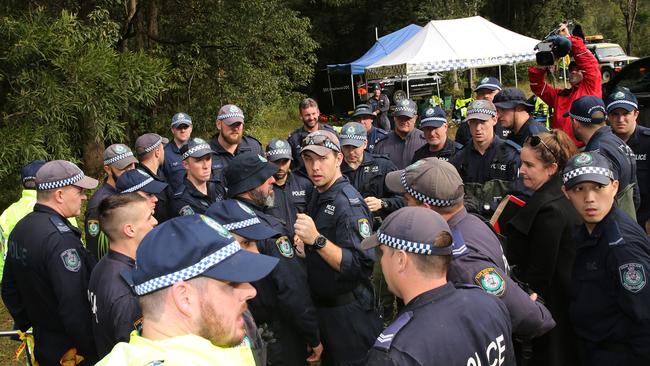The woman who lifted veil of Tyrrell secrecy
The case involving William Tyrrell is emblematic of Australia’s problems with press freedom

Australia is the worst of all democracies when it comes to press freedom. The case involving William Tyrrell is emblematic.
For three years, no one was allowed to know he was a foster child. Never mind that he was missing, nor that police needed the public’s help to find him. Never mind that forced his foster parents and his biological parents into a cruel silence, prevented by law from pleading for him.
Nobody could know that he was a foster child because, according to the Department of Family and Community Services, there’s a “stigma” — its word, no one else’s — associated with being in foster care and, if people knew, William would be stuck with the stigma for the rest of his life, and so would his sister, who was also in care.
So the media, and police, and William’s families, were asked to lie to the public for three years about what they, and the NSW government, knew to be true.
And who finally forced the truth out? It wasn’t a consortium of high-powered lawyers, or media companies. It was just one woman, who knew that William was a foster child, and believed the public had a right to know too.
Allanna Pearl Smith’s audacious decision to take the matter to the NSW Supreme Court — with no lawyer, and no legal advice — is the subject of episode six of The Australian’s podcast series Nowhere Child. She was nervous, she said, but not intimidated.
“I still don’t understand why the department fought me so hard. I wanted to find out what happened to William,” she said.
Ms Smith was herself a foster child. She understands stigma differently. “You can’t let people define how you feel about yourself,” she said. “And the most important thing was to get the public behind the campaign to find him. I know some people don’t like me for it. But I had to stand up for something I believed in.”
Ms Smith represented herself, arguing that the public had a right to know. She said the department was deliberately lying to people about a matter of legitimate public interest. And she won.
Her decision to take the department to court was opposed by William’s foster parents, who said they initially wanted to “get our faces out there” but later decided they wanted privacy, particularly for William’s sister, who remains in their care. They are fierce critics of Ms Smith’s action.
The inquest into William’s disappearance, which moved this week to Taree, has likewise been plagued by secrecy, including extensive use of suppression orders, and closed court.




To join the conversation, please log in. Don't have an account? Register
Join the conversation, you are commenting as Logout